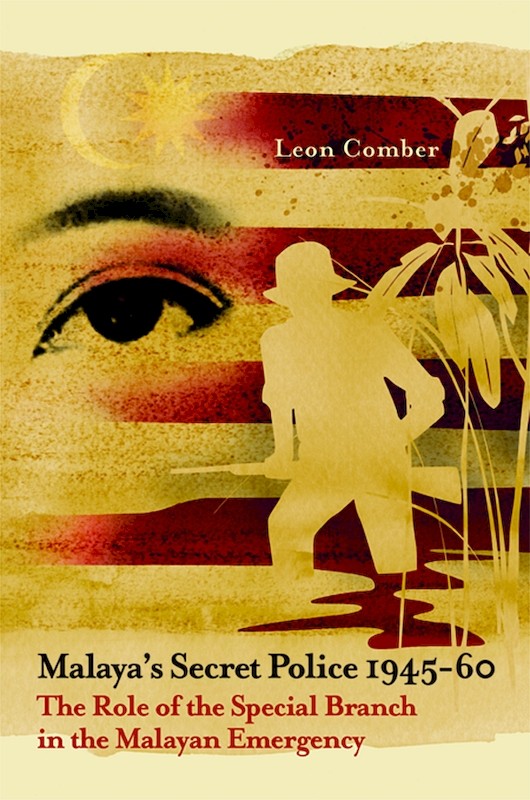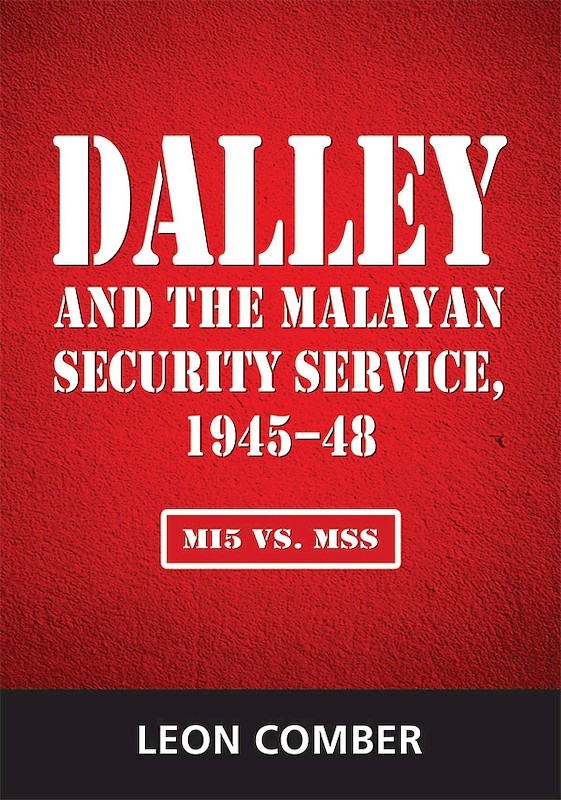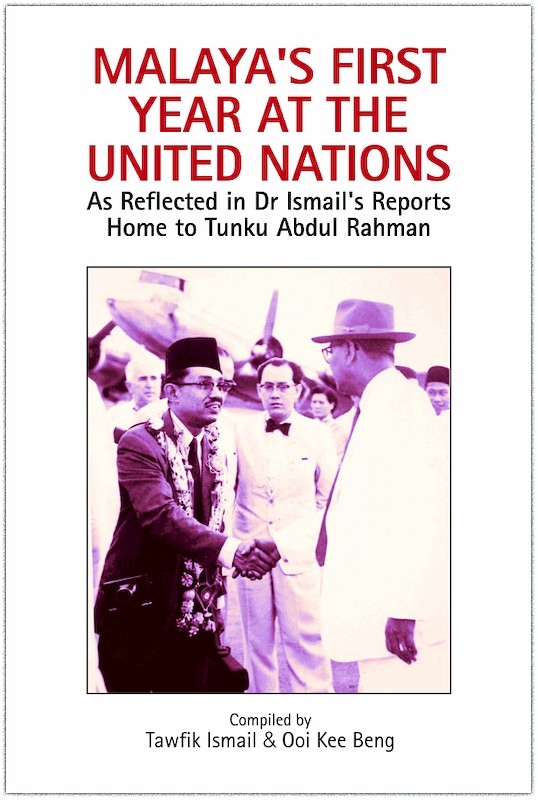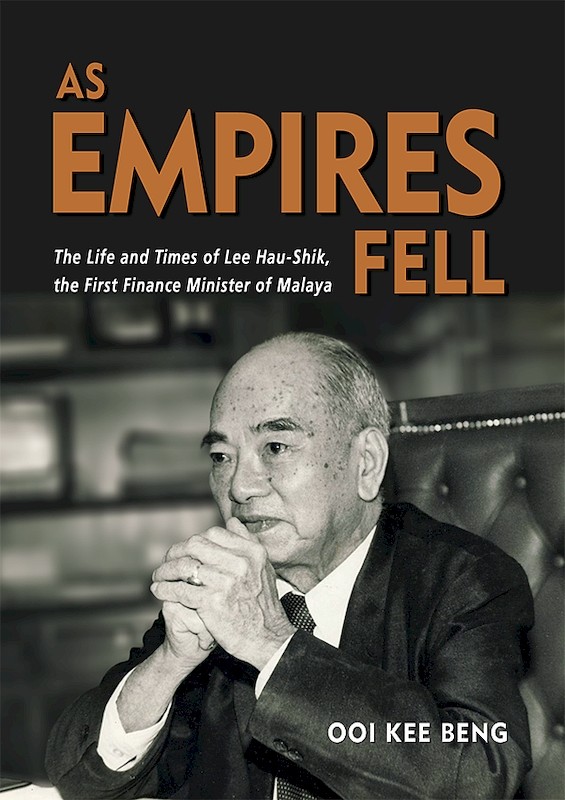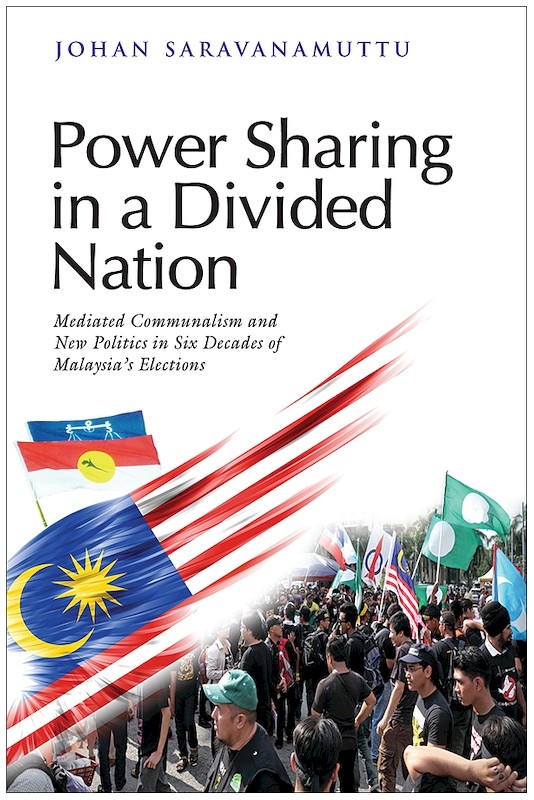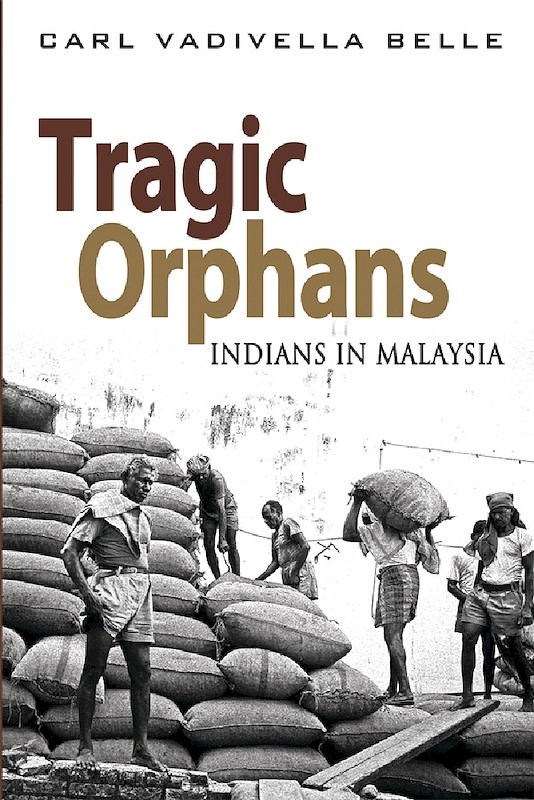Templer and the Road to Malayan Independence: The Man and His Time
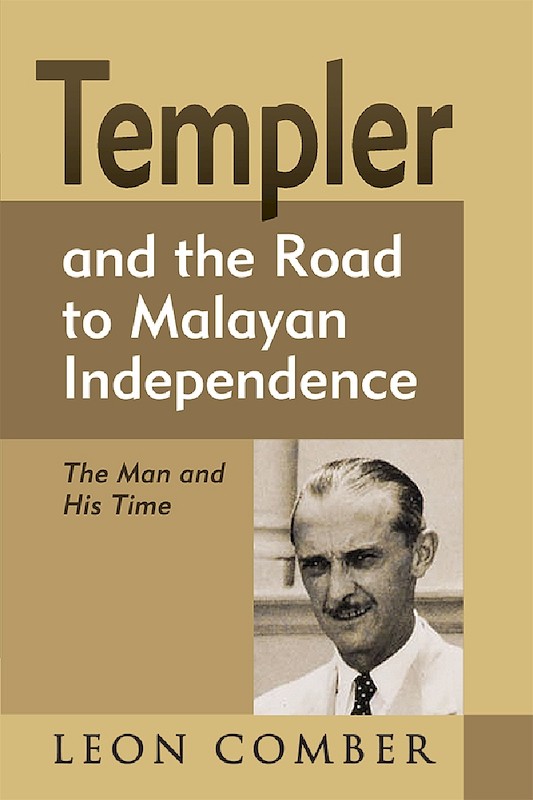
Leon Comber, author
Date of publication:
2015
Publisher:
Institute of Southeast Asian Studies
Number of pages:
240
Code:
BM512
Soft Cover
ISBN: 9789814620109
Reviews
S.R. Joey Long. Bijdragen Tot De Taal-, Land - En Volkenkunde 173 (2017) 382-387.
".... Leon Comber employs a biographical approach to assess the impact of British policies toward postwar Malaya. His work focuses on Gerald Templer. .... In Comber's narrative, Templer achieved limited success in Malaya.
Comber challenges the views of scholars who contend that Templer saved Malaya from communism, and paved the way for the territory to achieve self-government and eventual independence. He attributes the defeat of the communists to the program Templer's predecessor, Harold Briggs, orchestrated.
With this book, then, Comber makes a notable contribution to the historiography of the Templer administration in Malaya. His views of Templer are clear. They go against those who praise Templer for turning the tide against the communists and furthering self-government in Malaya. Mining a rich array of archival and published materials, Comber provides admirable balance and persuasive assessments of not only Templer's operational shortcomings, but also the latter's counterproductive sociopolitical policies. In his portrayal, Templer comes out looking less heroic than the image depicted in the conventional historiography. Anyone studying the Templer years in Malayan history will have to contend with Comber's contentions. He has crafted a thoughtful and impressively researched work that will be of interest to students of Southeast Asian history and empire.
Comber, should be congratulated for producing [a] stimulating [book]. ... in advancing spirited arguments and challenging alternative explanations, [he does] justice to a professional discipline dedicated to lively debates about the past. ... in grounding [his] studies in new sources, [it] also bring[s] into sharp focus the possibilities for new interpretations of history. The ... [book] will provoke other scholars to reexamine the postwar history of Malaya.... And that is a good thing."
Abu Talib Ahmad, Kajian Malaysia, Vol. 34, No. 1, 2016, 135 - 138.
".... Leon Comber provides a fresh insight to the argument by giving a more balanced account of the man.
Comber's sources for the study are impeccable. Not many scholars have seen these sources and Comber was one of the few who managed to consult them. His experience as honorary ADC to Sir Henry Gurney and as Special Branch officer came in useful. Comber had referred extensively to official British documents that are kept at the British National Archives at Kew and the National Army Museum in Chelsea, London which keeps materials on Templer. He had also consulted the National Archives of Australia notably the reports and observations by Australian diplomatic officers in Malaya and Singapore, the National Archives of Malaysia, the National Archives of Singapore, official papers and government publications besides myriad books and essays relating to the period and Templer. Another important source are the private papers of important political luminaries from Malaysia which are deposited at the Institute of Southeast Asian Studies in Singapore. These include the private papers of Phair Gan (P.G.) Lim, Tun Tan Cheng Lock and Tun H. S. Lee.
Templer and the Road to Malayan Independence is useful in highlighting Templer's presence in Malaya and its impact on Malaysian politics. In a way the book has come a long way to rectify his position in Malaysian history while Malaysians of the older generations have differing viewpoints of the man."
The book is, to a certain degree, evidence of Dr Comber's authority on the subject. He is one of the few surviving British officers who not only served in postwar Malaya even before the arrival of General Templer in 1952, but also was one of the high-ranking intelligence officers of the Malayan Special Branch during its formative phase and difficult years of the Emergency. Dr Comber knew Malaya through first-hand experiences as much as, or even more than, through his accumulative reservoir of academic knowledge of the country that he has chosen to be his homeland. By choosing to focus on Templer the administrator rather than the fairly well-trodden aspect of Templer the decisive military leader, Dr Comber also brings academic freshness to the study of this 'dictatorial' British pro-consul and makes the book that much more entertaining and interesting.
Dr Comber ... has done justice to this military man who was trusted with an enormous task beyond the knowledge of his specialized field. ... This book is worth reading.
About the publication
Dr Comber's account of General Templer's administration in Malaya as High Commissioner and Director of Operations (1952-54) during the Malayan Emergency departs from the usually accepted orthodox assessment of his time in Malaya by focusing on the political and socio-economic aspects of his governance rather than the military. In doing so, Dr Comber has relied mainly on primary and other first-hand sources, including the confidential reports sent from Malaya by the Australian Commission to the Australian government in Canberra, and the private papers of some of the leading Malayan politicians of the time with whom Templer had dealings which have been deposited in the ISEAS Library, Singapore, many of which have not been used before.
The evidence and facts that Dr Comber marshals in this study reflect well the reservations that were often felt about General Templer's authoritarian form of government. While he was a good general and had an impressive military record, his administration in Malaya was marred by a lack of understanding of the background to Malaya's history and the subtleties that are inherent in its culture and way of life which would have enabled him to come to terms more easily with the aspirations of the Malayan people for self-government and independence.
The e-chapter on " The Background: The Appointment of General Sir Gerald Templer as High Commissioner and Director of Operations, Malaya (1952-54) " , is downloadable free of charge.
The evidence and facts that Dr Comber marshals in this study reflect well the reservations that were often felt about General Templer's authoritarian form of government. While he was a good general and had an impressive military record, his administration in Malaya was marred by a lack of understanding of the background to Malaya's history and the subtleties that are inherent in its culture and way of life which would have enabled him to come to terms more easily with the aspirations of the Malayan people for self-government and independence.
The e-chapter on " The Background: The Appointment of General Sir Gerald Templer as High Commissioner and Director of Operations, Malaya (1952-54) " , is downloadable free of charge.
Contents
-
Templer and the Road to Malayan Independence: The Man and His Time
[Whole Publication, ISBN: 9789814620116], by Leon Comber, author -
Preliminary pages with Prologue
-
1. The Background: The Appointment of General Sir Gerald Templer as High Commissioner and Director of Operations, Malaya (1952-54)
-
2. The Early Days: General Templer in Kuala Lumpur ⎯ Political Background
-
3. The Templer Plan: The Implementation of General Templer's Political Directive
-
4. Victor Purcell and Francis Carnell, Honorary MCA Political Advisers, August ⎯ September 1952
-
5. General Sir Gerald Templer, the MCA, and the Kinta Valley Home Guard (1952⎯ 54)
-
6. The Case of Lee Meng ⎯ A Cause Célèbre: The System of Justice in Malaya (1952)
-
7. The Road to Self-Government: "The Pistols Are Out"
-
8. Conclusion: General Templer's Departure
-
Appendix A: Directive to General Sir Gerald Templer by the British Government; Appendix B: General Sir Gerald Templer: A Short Bibliographical Note
-
Bibliography
-
Index
-
About the Author
-
Photo plates

